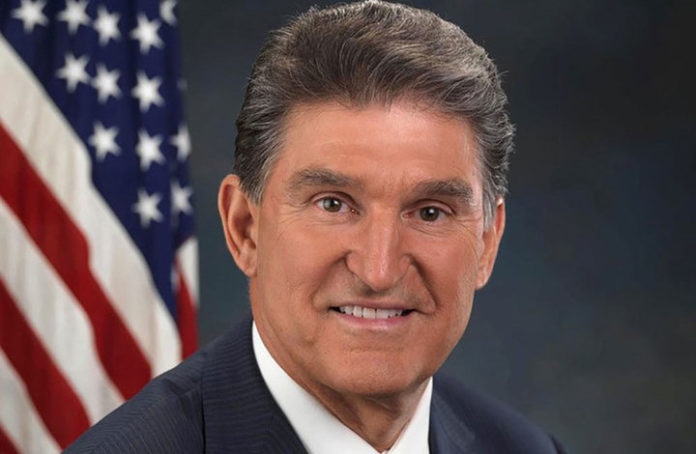A senator from West Virginia introduced a bill in the U.S. Senate earlier this month that aims to aid people in addiction treatment centers. The Clean Start Act, proposed by Democratic Sen. Joe Manchin, will provide a “clean start” to those who committed nonviolent crimes because of their addiction as long as they have accomplished certain requirements.
The senator has witnessed firsthand the effects of opioid addiction on families, communities and individuals in his state and across the country; as a result of drug dependence, an abundance of otherwise law-abiding citizens have committed nonviolent crimes that resulted in a misdemeanor or felony conviction, he stated in a press release.
The act will grant people with a federal misdemeanor or felony record — because of a drug addiction — an opportunity to have their criminal record sealed after they undergo a comprehensive drug rehabilitation and display a commitment to their addiction recovery.
Persons with a nonviolent misdemeanor or felony conviction petitioning a federal court to seal their personal criminal records must accomplish two specific goals: complete a one-year recovery support program or addiction treatment program that must be certified or licensed by a national or state accreditation body — which includes sober-living and peer-driven programs — and also provide six full months of assistance as a drug addiction recovery mentor or a half-year of service in their community.
The Clean Start Act will assure opportunities are provided to those honestly committed to their recovery by only allowing petitions for sealed records to be submitted once. People who are interested must present the necessary documentation showing they have successfully accomplished the addiction treatment program and mentorship or community service program.
However, this act will strictly forbid anyone with offenses against children, sex offenders and violent crime offenders of any coverage presented by this act. The court would also consider all pertinent information including any information provided by the original prosecutor.
Employers are “unlikely to consider” applications with criminal records, and the repercussion of past convictions on rehabilitated addicts is a common barrier that is more likely to work adversely and contribute to “the continuing cycle of addiction and incarceration,” Manchin stated.
The act hopes to… (continue reading)
















